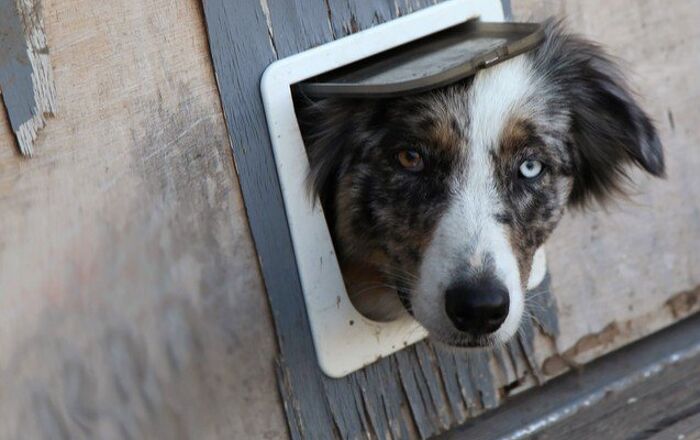
What You Need To Know About Cushing’s Disease in Dogs
Cushing’s disease in dogs
Cushing’s disease in dogs
Cushing’s disease in dogs
Cushing’s disease in dogs
Cushing’s disease in dogs
Cushing’s disease in dogs is brought about by an excess of circulating cortisol hormone.
Cushing’s disease in dogs
If you suspect Cushing’s disease based on these symptoms, consult your veterinarian immediately.
Cushing’s disease can present a variety of symptoms you may mistake as the normal process of aging.
Cushing’s disease in dogs
Unless your dog is showing clinical signs of disease, a vet will not treat the disease. But once a diagnosis has been confirmed, treatment can proceed. Depending on which type of Cushing’s your dog has, treatment will vary
Cushing’s disease in dogs
Cushing’s disease in dogs
There are a variety of treatments for Cushing’s disease in dogs that have proven highly successful.
Medical treatments for Cushing’s disease in dogs include the use of drugs such as Mitotane (Lysodren), Ketoconazole, L-Deprenyl (Anipryl) and Trilostane (Vetoryl). These medications have had varied success suppressing the production of corticosteroids. But like any medication, drugs have side effects, so they need to be administered by a veterinarian. Each of these drugs can carry serious adverse side effects, and most can be administered only under a veterinarian’s strict supervision. If your dog is undergoing chemotherapy for Cushing’s, blood tests should be run in order to curtail other problems from developing. As well, radiation may also be an option.
If you decide to take the homeopathic route, remedies are formulated for individual dogs. These treatments help the Cushing’s rather than the disease itself. Two popular homeopathic remedies are arsenicum and hepar. These treat the symptoms of increased thirst and skin problems, as well as abdominal and liver issues. Other Cushing’s homeopathic remedies include ginseng, dandelion root, astralagus and burdock.
Depending on what type of Cushing’s disease a dog has, the prognosis varies. Results from dogs treated for iatrogenic Cushing’s disease is the most positive, as it’s the easiest to remedy. If an adrenal tumor can be successfully removed, the prognosis is good. On the other hand, the outcome of a pituitary tumor is uncertain, depending on the success of chemotherapy.
No matter what the prognosis is for your dog, your main course of action is to ensure that your pup is comfortable and has the best quality of life for its remaining years.














